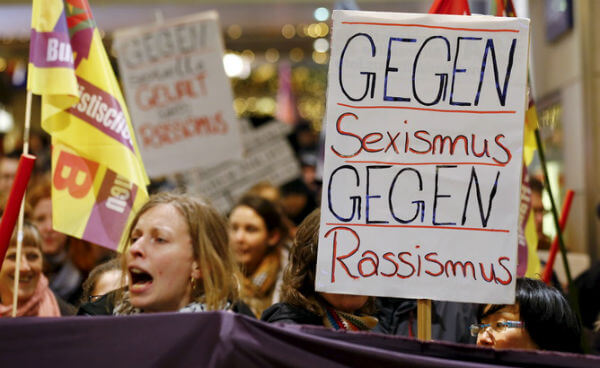
Jessica Winegar writes: The dramatic finale of the FX series “The People vs. O.J. Simpson: American Crime Story” aired this week after topping television ratings for over a month. The Oscar-winning documentary about an honor killing, “A Girl in the River: The Price of Forgiveness,” recently aired on HBO to critical acclaim.
One was set in Brentwood, a suburb of Los Angeles. The other was set in Punjab, Pakistan. One is called a domestic violence homicide. The other is called an honor crime.
A round-up of statistics from the Violence Policy Center, Bureau of Justice Statistics, National Institute of Justice and the Center for American Progress found that more than 18,000 U.S. women were killed in this country by intimate partners between 2003 and 2014. In the U.S., more than 22 percent of women will experience an extreme act of violence at the hands of an intimate partner in her lifetime, according to the Atlanta-based Centers for Disease Control and Prevention.
Why do we not call these acts of violence in this country honor crimes?
Human Rights Watch defines honor crimes as “acts of violence, usually murder, committed by male family members against female family members who are perceived to have brought dishonor upon the family” and defines those family members as “husband, father, son, brother or cousin.” There are 5,000 honor crimes each year in the world, according to the site, mostly in the Middle East and South Asia. In Pakistan alone, there are 1,000 honor killings every year.
But there is a common nefarious defense by perpetrators that links these cases of violence against women in the U.S and those acts called honor crimes in the Middle East and South Asia.
In both arenas, the woman who transgresses the boundaries of what men will accept has to be punished. And the men doing the punishing are from her domestic world.
In both domestic violence and honor crimes, male relatives and/or intimate partners rape, beat, psychologically abuse and kill. [Continue reading…]



